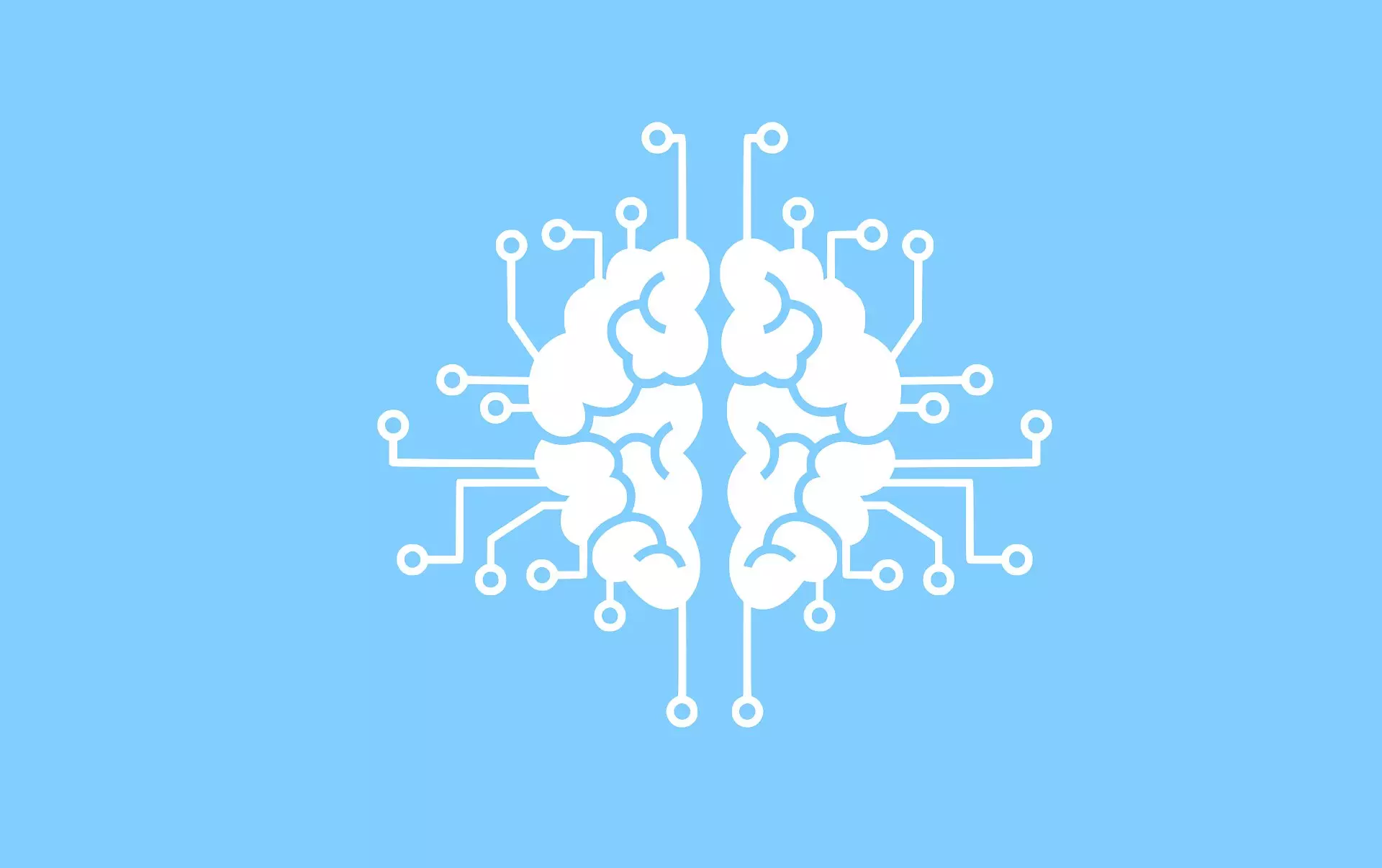Matching algorithms play a crucial role in various systems, from rideshare apps to medical donor networks. The aim is to optimize pairings to maximize efficiency and user satisfaction. Computer scientists are constantly seeking ways to improve these algorithms, making them more effective and user-friendly. One such advancement comes from drawing inspiration from biological systems, as demonstrated by Associate Professor Saket Navlakha’s research at Cold Spring Harbor Laboratory.
Navlakha identified a bipartite matching problem in the wiring of the nervous system, where every muscle fiber is paired with a controlling neuron. This efficient pairing system in biology involves a competitive process where neurons bid with neurotransmitters to maintain their connections with muscle fibers. This biological auction system ensures that each neuron and muscle fiber find an optimal partner for efficient movement.
Taking cues from biology, Navlakha developed a simple algorithm based on the competitive bidding process observed in the nervous system. This algorithm involves two equations – one for neuron competition and another for resource reallocation. By implementing this neuroscience-inspired algorithm, Navlakha was able to achieve near-optimal pairings in bipartite matching scenarios, outperforming existing algorithms in the field.
One of the key benefits of Navlakha’s algorithm is its ability to preserve privacy. Unlike traditional bipartite matching systems that require centralized servers for processing information, this new algorithm allows for a distributed approach. This is particularly advantageous in scenarios where privacy and data security are paramount, such as online auctions or donor organ matching. Additionally, the algorithm’s efficiency translates to shorter wait times for rideshare passengers and improved residency matching in medical programs.
Navlakha envisions a wide range of potential applications for the new algorithm, encouraging others to adapt it for their own tools and systems. By leveraging insights from neural circuits, researchers can uncover innovative solutions to complex AI problems. The success of this neuroscience-inspired algorithm serves as a testament to the value of interdisciplinary approaches in computer science and technology.
The intersection of biology and computer science holds tremendous promise for advancing matching algorithms and optimizing pairings in various domains. By embracing the principles of competition, resource allocation, and efficiency seen in biological systems, researchers like Navlakha are paving the way for more effective and privacy-preserving algorithms. As technology continues to evolve, learning from nature’s own mechanisms may prove to be a valuable source of inspiration for solving complex computational problems.


Leave a Reply